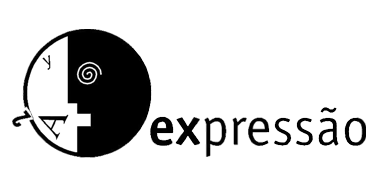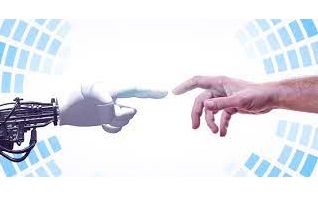In today’s fast-paced global marketplace, language plays a pivotal role in connecting businesses with diverse audiences. Language trends in global marketing are constantly evolving, and staying ahead of the curve is essential for success. One of the hottest trends in this space is the integration of technology, particularly artificial intelligence (AI), into the translation process. While AI has made remarkable advancements, it’s vital not to forget the irreplaceable human touch in translations.
AI in Translation: A Game-Changer
AI, with its powerful machine translation tools and neural networks, has revolutionized the translation industry. It provides businesses with faster, more cost-effective translations, making it easier to reach global markets. But, the question arises, can AI replace the human translator completely?
The Human Touch: Why It Matters
As businesses expand internationally, the importance of the human touch in translation becomes increasingly evident. Here’s why:
Cultural Context: Language and culture are inseparable. To effectively communicate, it’s crucial to understand the cultural nuances of a language. Human translators bring this vital element to the table. They can ensure that your message isn’t just accurate but culturally relevant.
Idioms and Nuances: Many languages are replete with idiomatic expressions and nuances that have no direct counterparts in other languages. Human translators can recognize and adapt these linguistic subtleties, ensuring that your message retains its intended meaning.
Context and Tone: The interpretation of a word can change significantly based on the context and tone of the communication. Human translators can navigate these intricacies, conveying your message with the appropriate tone – be it formal, casual, or persuasive.
Quality Assurance: Human translators offer a level of quality assurance that machines cannot match. They can meticulously review and edit translations to ensure they are error-free and adhere to the highest standards of language and grammar.
Adaptation: Effective marketing materials often require adaptation to resonate with local audiences. This involves more than just translating words; it means reworking the content to align with cultural norms, preferences, and expectations. Human translators are adept at making these vital adjustments.
Striking the Balance
The crux of successful global marketing lies in striking the right balance between technology and tradition. AI-driven machine translation is a valuable tool that can expedite the translation process and lower costs. However, it should not overshadow the irreplaceable role of human translators.
The integration of both AI and human expertise in your translation strategy is the winning combination. It ensures that your global marketing efforts are not only accurate but also culturally attuned, effective, and authentic. It’s a harmonious partnership that bridges the gap between the efficiency of AI and the human touch that can truly connect with people from diverse cultures.
In conclusion, as we navigate the dynamic landscape of global marketing, let’s remember that while technology has its place, it’s the human touch that adds depth and authenticity to our communication. It’s this blend of technology and tradition that will enable businesses to thrive in the ever-expanding global marketplace.

